Factors That Influence Dental Implant Costs

Factors Affecting Dental Implant Cost
Understanding the various elements that contribute to dental implant costs is essential for anyone considering this procedure. Two primary factors that influence these costs are material considerations and labor costs.

Material Considerations
The type of materials used in dental implants significantly affects their overall cost. On average, the price of a single dental implant ranges from $1,500 to $2,800. The most common materials used for dental implants are titanium and zirconia.
Material TypeAverage CostTitanium$1,500 - $3,000Zirconia$3,000 - $6,000
Titanium dental implants typically cost hundreds of dollars, while zirconia implants can be approximately double that amount. Patients often choose titanium for its durability and long-term success rates. However, zirconia may be preferred for aesthetic reasons since it can be more visually appealing [1].
Labor Costs Influence
Labor costs are another significant component of dental implant expenses. In the U.S., labor costs for dental implants can range from $1,500 to $3,000 per implant. The expertise and experience of the dentist also play a crucial role in determining these labor costs. More experienced and qualified dentists may charge higher fees due to their specialized training and skills required for successful implant procedures.
Labor Cost RangeDescription$1,500 - $2,000General dentists, less experience$2,000 - $3,000Specialists or experienced implant dentists
The total cost for a dental implant usually includes the fees for the material, the labor associated with the surgical procedure, and additional charges for components like the abutment and crown. The overall cost for one tooth generally falls between $3,500 and $5,800.
For further insights on dental implants, including their success rates, you may want to explore our articles on dental implant success rate and what are dental implant risks?. Understanding these factors can help patients make informed decisions about their dental health.
Geographic Location Impact
The cost of dental implants is significantly influenced by geographic location. Factors such as population density, local economy, and operational costs of dental clinics play crucial roles in determining the price of dental care, including implants.
Urban vs Rural Rates
Implant costs tend to be higher in urban areas compared to rural locations. This is due to the increased overhead expenses associated with operating in densely populated regions. Dental clinics in cities must often charge more to cover higher rent, salaries, and other facility costs.
Location TypeAverage Cost of Dental ImplantUrban Area$3,000 - $4,500Rural Area$2,500 - $3,500
The table above illustrates the typical price range for dental implants based on location type. Urban facilities typically encounter higher demand and competition, which can further influence the cost structure.
International Cost Variations
The cost of dental implants also varies greatly by country. For example, Turkey is known for its affordable dental care, where patients can receive implants at a fraction of the price compared to the United States [2]. Many dental packages in countries like Turkey include accommodation, transportation, and interpreter services, making it an attractive option for those seeking cost-effective solutions.
CountryAverage Cost of Dental ImplantUnited States$3,000 - $4,500Turkey$500 - $1,500Mexico$800 - $2,000Costa Rica$600 - $1,800
This comparison highlights the significant cost differences between various countries. Such variations can make international travel for dental services a viable option for some patients looking to save on expenses while receiving quality care.
Understanding these geographic factors is vital when answering the question, what factors affect dental implant cost?. Patients should consider not only the price but also additional aspects such as quality of care, available technologies, and potential travel implications when deciding on dental implants.
Additional Components
Abutments and Crowns
When considering dental implants, costs can increase due to additional components such as abutments and crowns. An abutment serves as a connector between the implant and the crown, and both elements are essential for restoring a tooth's function and appearance. The expense associated with these parts can range from an extra $1,500 to $3,800 for the overall treatment process [3].
The total cost of a single tooth implant, which would include the implant itself, an abutment, and a crown, typically ranges from $3,100 to $5,800. Several factors can influence this overall cost, including:
Patients often discuss with their dentists the best crown material options, which may vary in price. For more insights on what to expect from dental implants, refer to our articles on what are dental implant risks? and dental implant success rate.
ComponentCost RangeAbutmentPart of the overall costCrownVaries based on materialTotal for One Tooth$3,100 - $5,800
Implant Types and Brands
Different types and brands of dental implants can also impact the overall cost. Some implants are designed for specific situations, like mini dental implants, which might be less expensive than traditional implants but also have limitations. The choice of implant manufacturer can affect not only cost but also quality and longevity.
Factors that influence these costs further include:
Keep these considerations in mind when evaluating dental implants. For more details on what to expect during the process, check out our article on how painful is dental implant surgery?.
Specialized Procedures
When considering dental implant costs, specialized procedures such as bone grafting, sinus lifts, and gum grafting can significantly impact the overall price. These procedures may be essential for ensuring successful and durable implant placement.
Bone Grafting and Sinus Lift
Bone grafting is often necessary for patients who do not have enough bone density to support a dental implant. This procedure can cost between $600 and $2,600, depending on various factors, including the surgeon's experience and the type of graft used [5]. A sinus lift, which is performed to increase the amount of bone in the upper jaw, typically costs between $440 and $2,600.
ProcedureCost RangeBone Grafting$600 - $2,600Sinus Lift$440 - $2,600
These procedures address foundational issues that must be resolved before a dental implant can be placed. Not addressing bone density needs can lead to complications and possibly increased costs for future corrective surgery. For further understanding on how bone health affects dental implants, read more about the role of bone health in dental implants.
Gum Grafting and Tissue Repair
Gum grafting is another procedure that may be required if there is insufficient gum tissue to support an implant. This procedure can range in cost, generally adding to the total expenditure of implant treatment. The specific pricing can vary based on the extent of the gum issue and the complexity of the procedure.
Patients should also consider additional costs associated with any necessary tissue repair that might be required to ensure a successful outcome. This might include related surgeries or treatments that prevent complications during the implant process.
The combined costs of these specialized procedures can quickly elevate the overall budget for dental implants. Understanding these factors is essential when asking, what factors affect dental implant cost?. Investing in proper foundational work, including bone and gum procedures, can lead to a higher success rate and longer-lasting results for dental implants. For more information, consider checking out dental implant success rate and other resources like mini dental implants for alternative solutions.
Surgeon Expertise and Experience
Influence on Pricing
The expertise of the oral surgeon is a major factor that influences the cost of dental implants. Labor costs for dental procedures in the U.S. typically range from $1,500 to $3,000 per implant. Highly skilled dentists with extensive experience, specialized training, and qualifications often charge higher fees. This cost reflects their ability to perform procedures efficiently and effectively. Daytona Beach Dental Implants notes that investing in a qualified surgeon may lead to better long-term outcomes, which could save patients money on potential future repairs or replacements.
Experience LevelCost Range Per ImplantEntry Level$1,500 - $2,000Intermediate$2,000 - $2,500Highly Experienced$2,500 - $3,000
Choosing a dentist with proven success in placement can mitigate future expenses related to incorrect implant placements, making the initial cost an important consideration for patients. Justin M Schlaikjer DDS emphasizes that the investment in a skilled professional enhances the longevity of implant-supported restorations.
Importance for Longevity
The experience and skills of the oral surgeon not only impact the pricing but also play a crucial role in the longevity of the dental implants. A highly experienced dentist is likely to ensure precise placement, which can prevent complications that may require additional procedures down the line. Proper placement of implants contributes significantly to the success rates, as noted in various studies, including the dental implant success rate.
In complex cases that require further procedures like bone grafting or sinus lifts, the surgeon’s expertise becomes even more vital. A dentist familiar with these complexities will better handle unique challenges, ensuring a smoother process. While costs may be higher for top-tier specialists, this investment often results in reduced long-term care needs. Patients who prioritize quality of care over cost generally benefit from more successful outcomes and fewer complications.
For a deeper understanding of how various components affect the costs and success of dental implants, patients can explore related topics such as what factors affect dental implant cost?.
Sedation and Post-Treatment
When considering dental implants, sedation options and post-treatment care are essential components that can influence the overall experience and costs associated with the procedure.
Sedation Options and Costs
The level of sedation used during the dental implant procedure can significantly affect the cost of treatment. Different sedation types, such as local anesthesia, oral conscious sedation, nitrous oxide, or IV sedation, come with varying price points and benefits [5]. Below is a breakdown of common sedation options and their implications:
Sedation TypeDescriptionCost RangeLocal AnesthesiaNumbs the specific area where the implant is placedTypically included in procedure costsOral Conscious SedationMedication taken orally to relax the patient$200 - $500Nitrous OxideInhaled sedation that induces a calming effect$50 - $100 per sessionIV SedationDelivered through a vein for deeper sedation$300 - $800
Patients should discuss their preferences and any concerns with their dental professional, as this can help determine the most suitable sedation method for their needs.
Post-Implant Care Considerations
Post-treatment care is crucial for the successful healing of dental implants. Various factors can affect recovery and treatment costs after the implantation.
Patients often require an implant crown, which can range from $1,500 to $2,500 depending on the design. Additionally, the cost for an abutment can vary between $350 to $650. In some cases, a mouthguard may be recommended to protect the implant, with costs ranging from $500 to over $1,000 [4].
Post-operative care typically includes:
Understanding the sedation options and post-treatment considerations is vital for estimating the total expenses involved in the dental implant process. For more insights, check our articles on dental implant success rate and how to speed up recovery after dental implants.
References
[2]:
[3]:
[4]:
[5]:
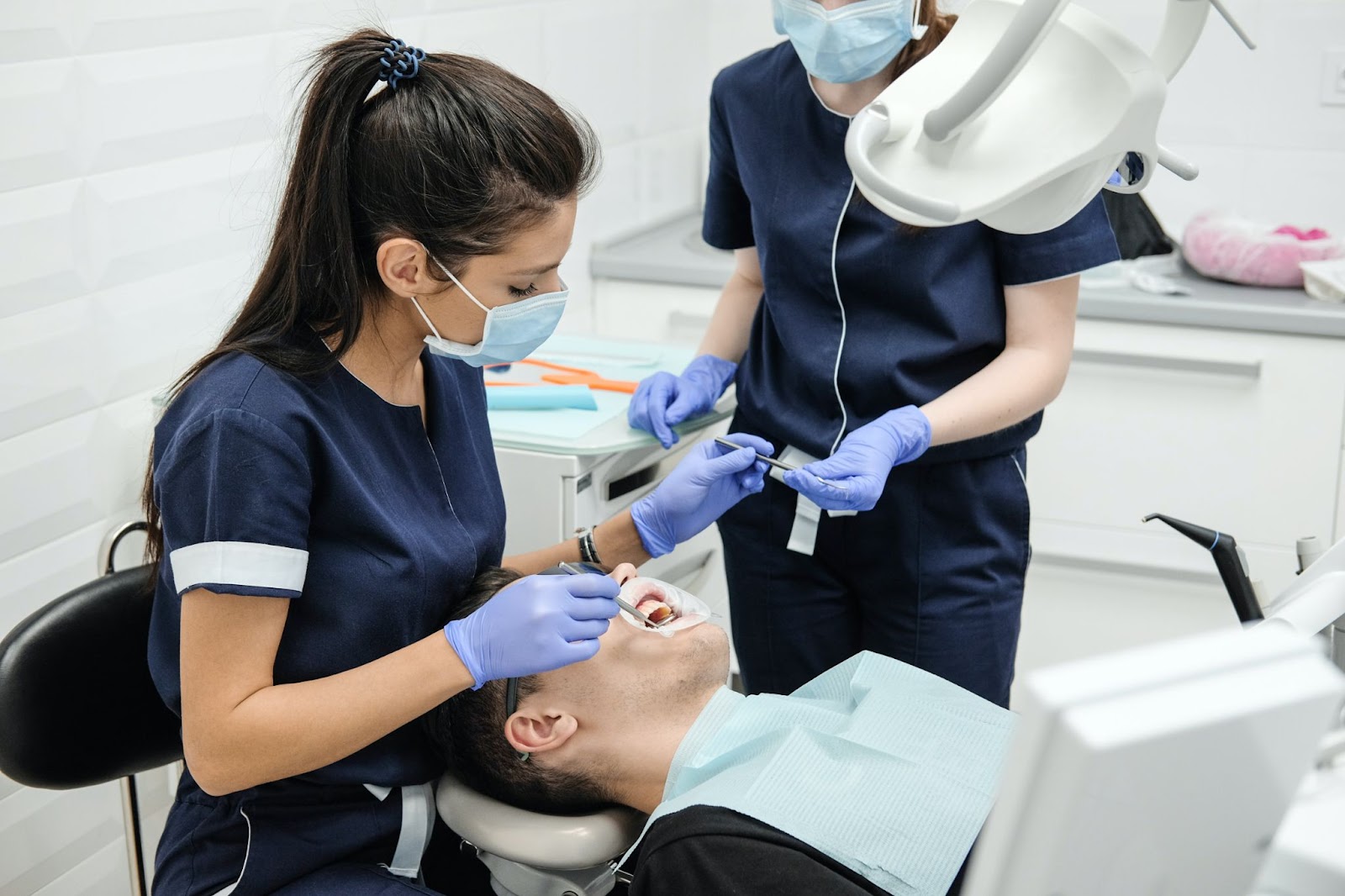






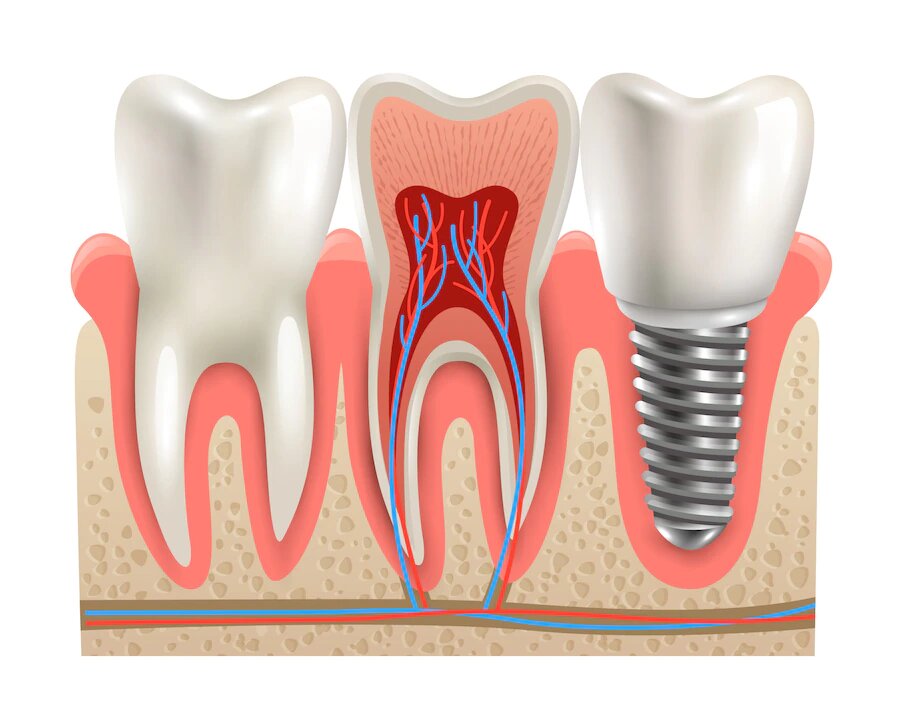










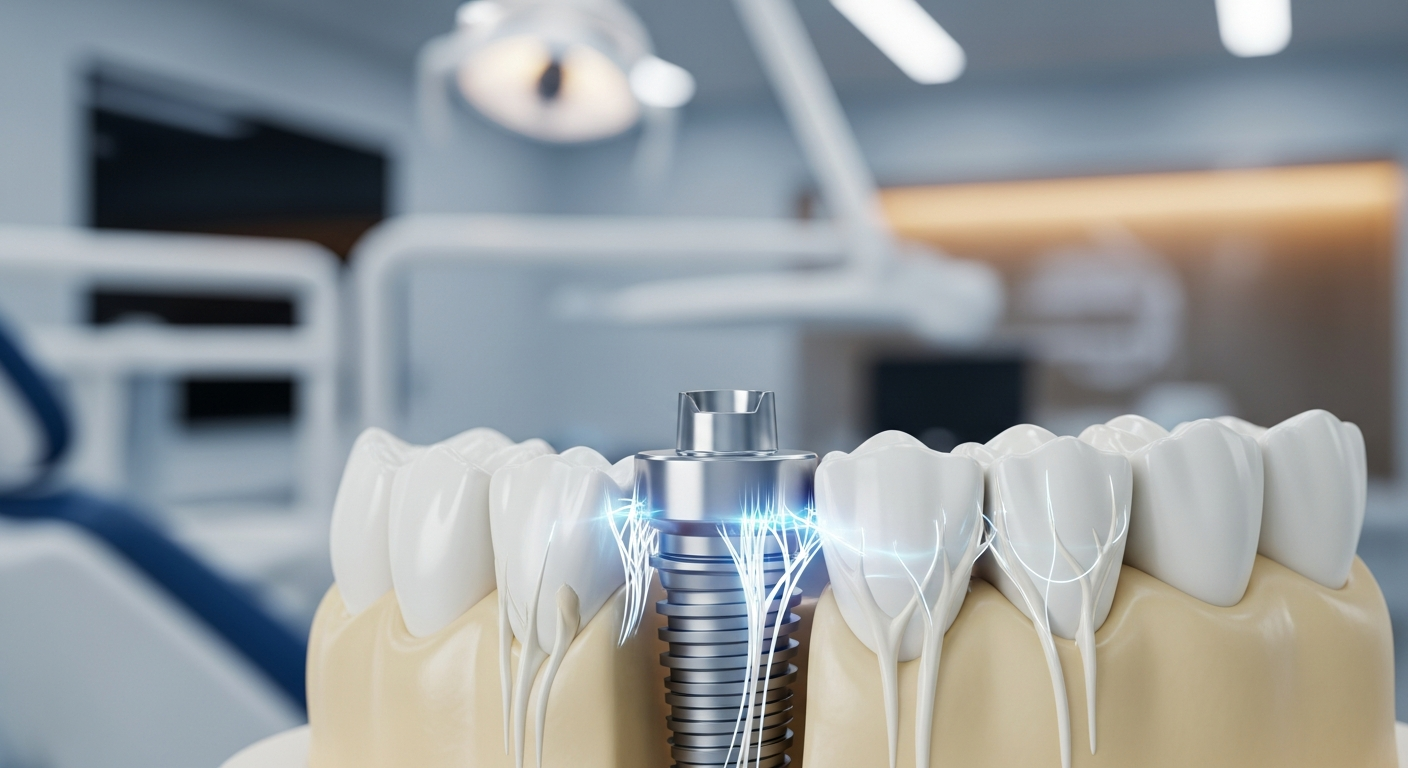






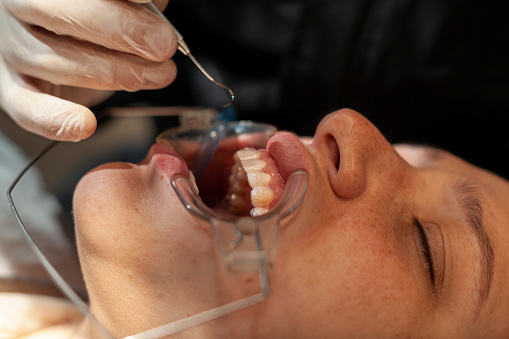

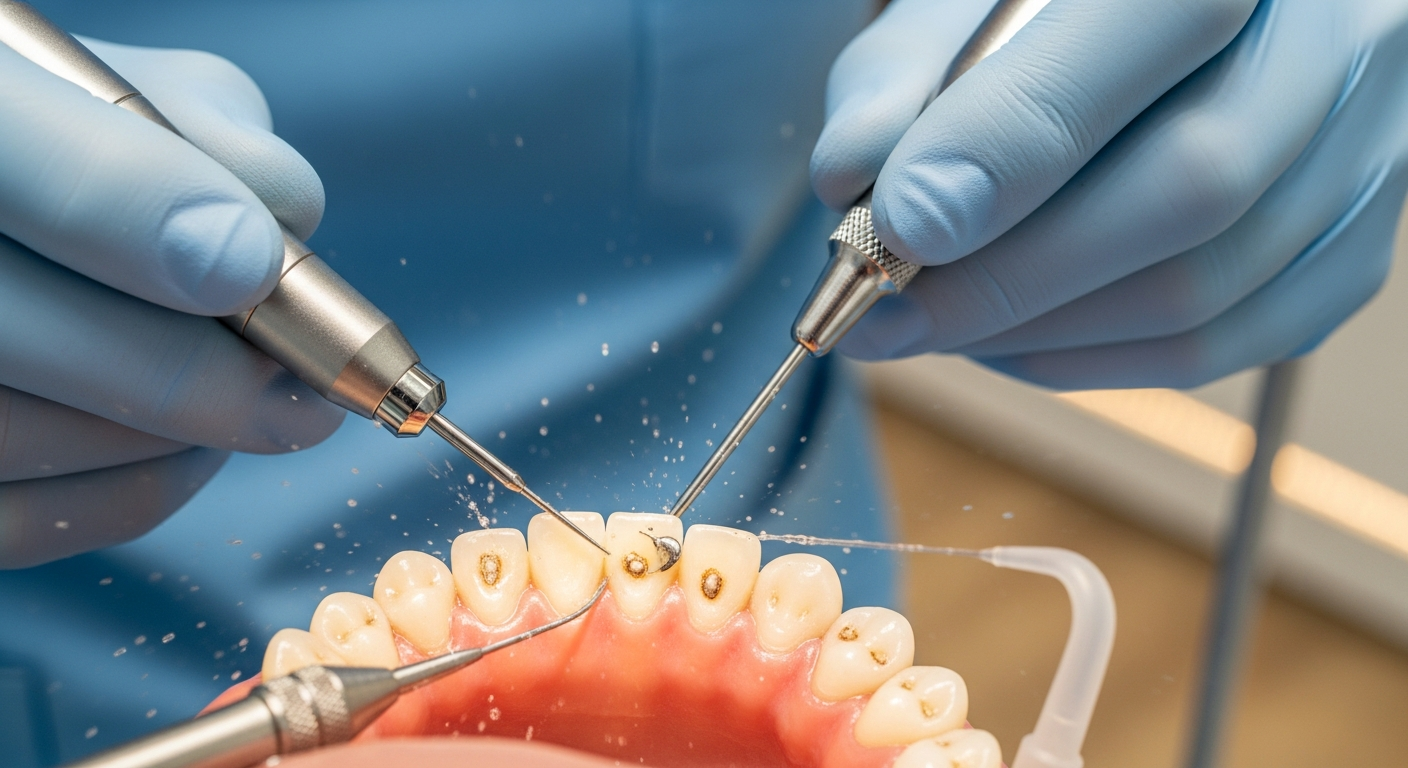


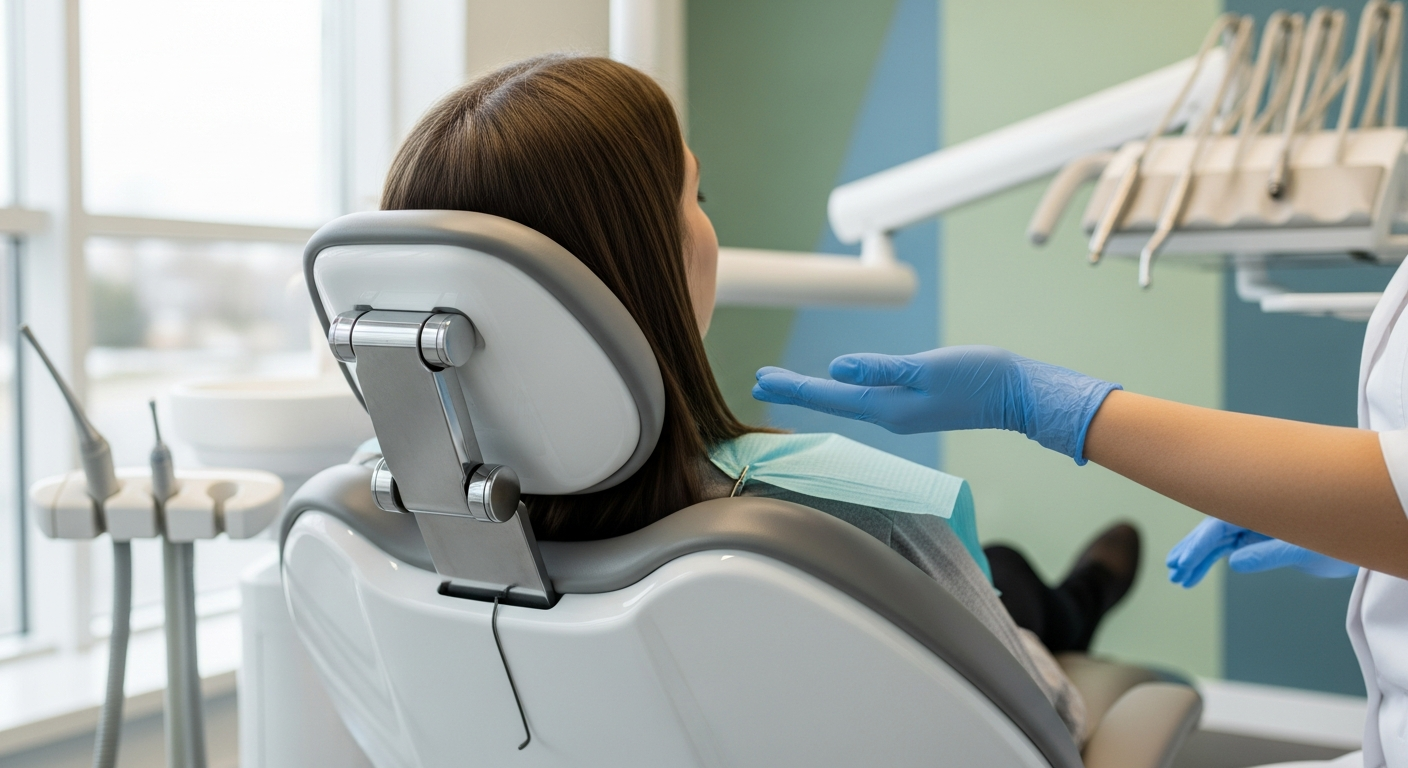


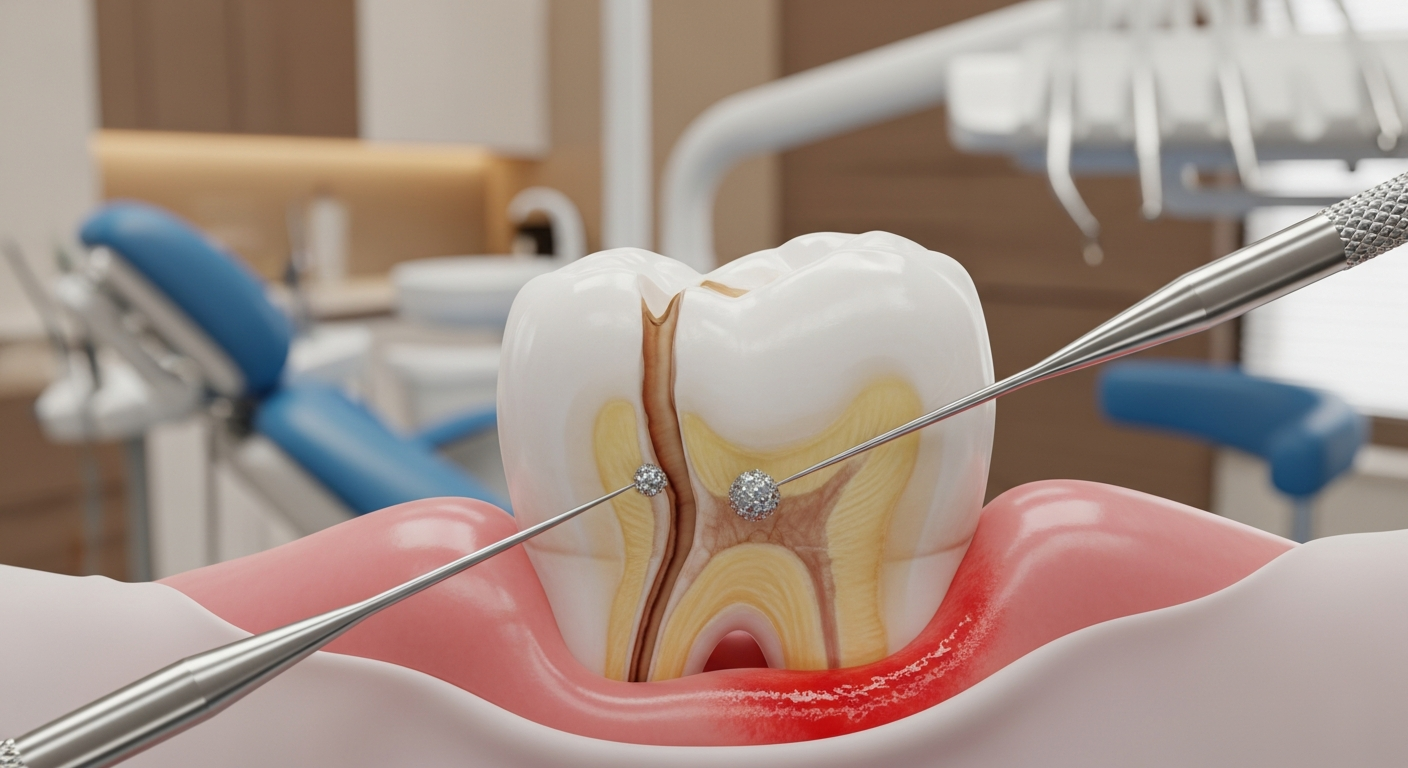




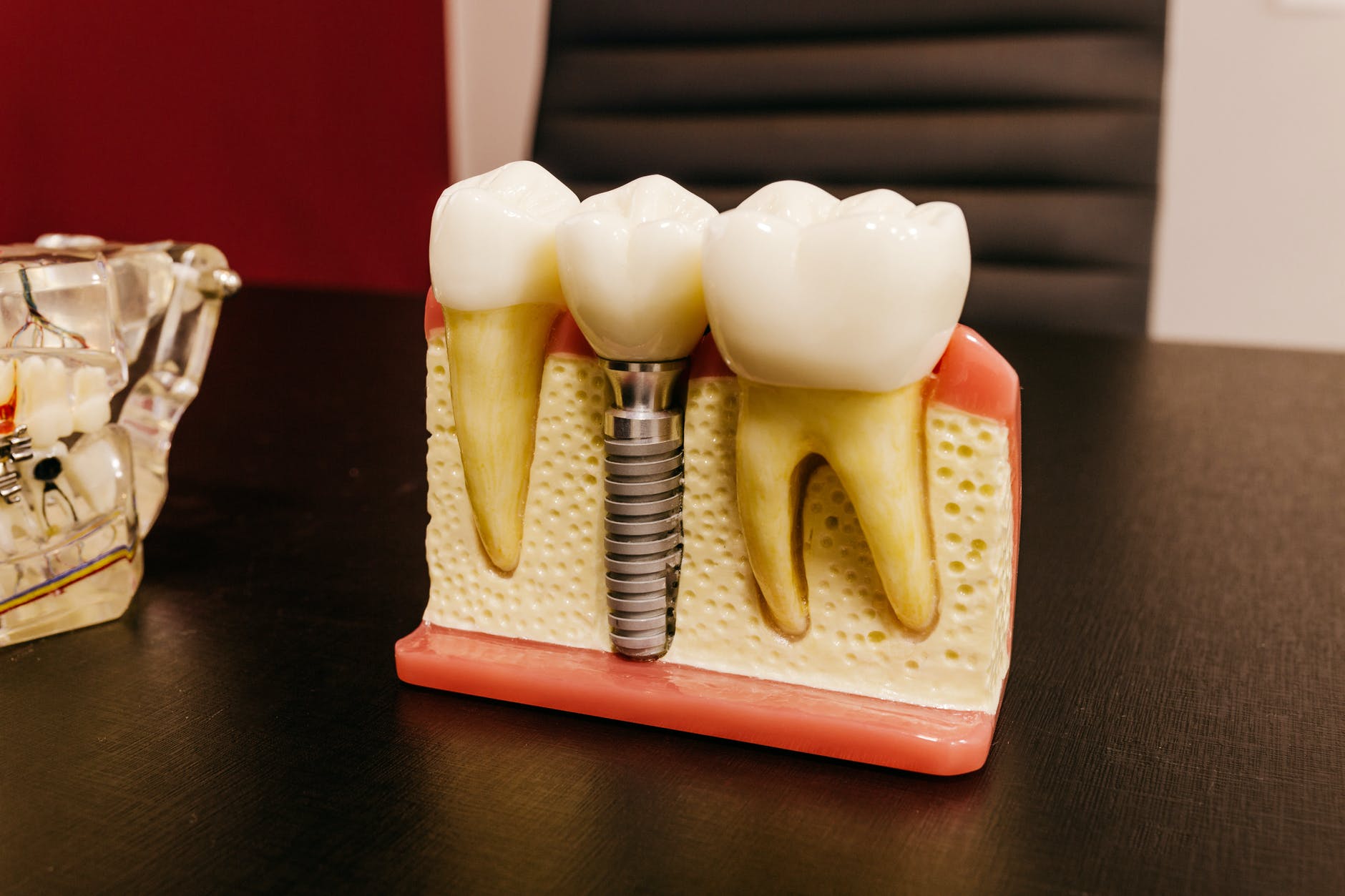


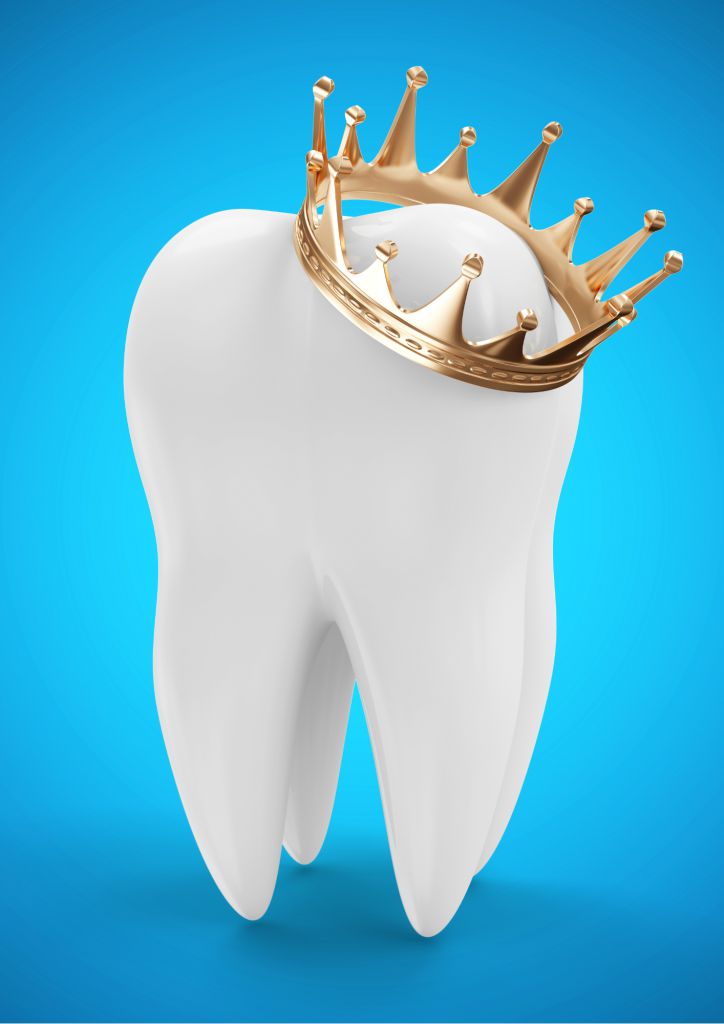







.avif)


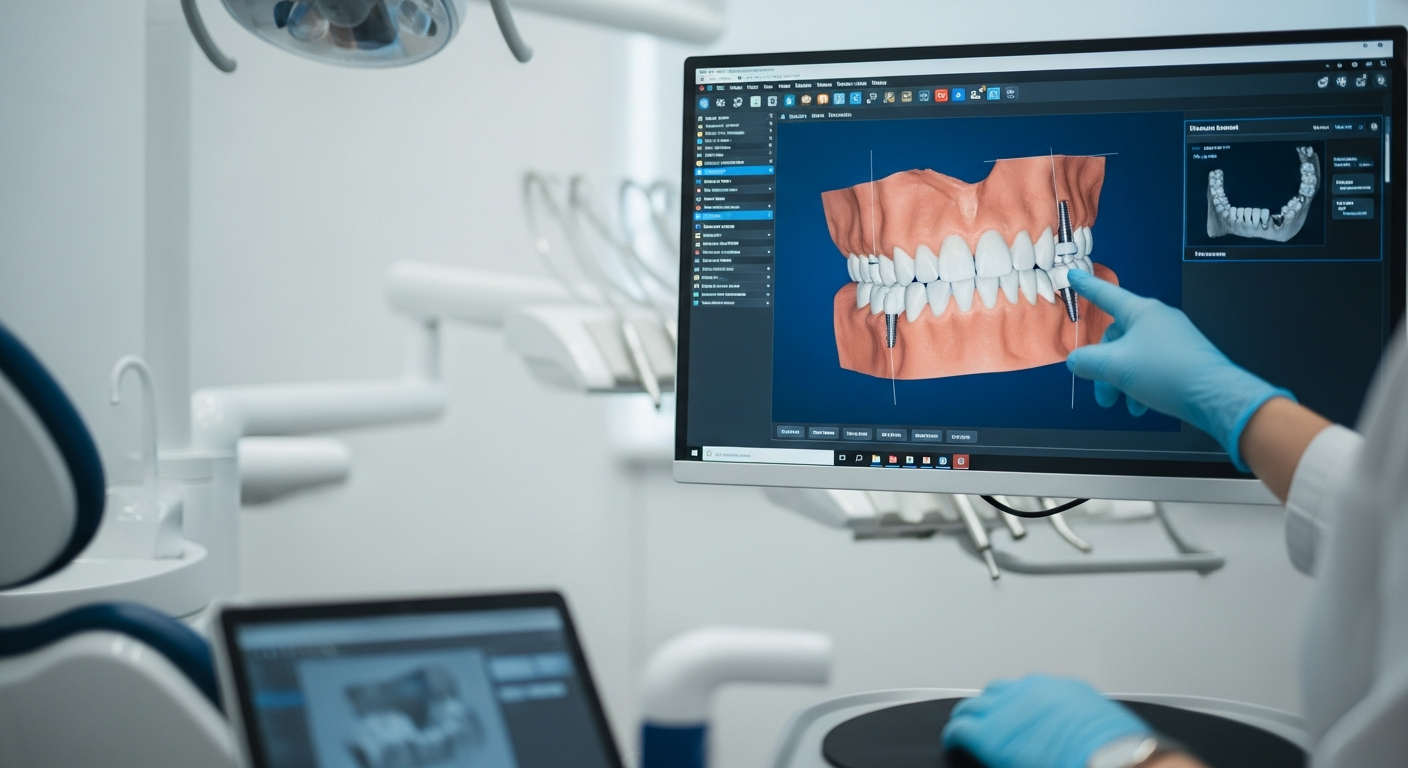





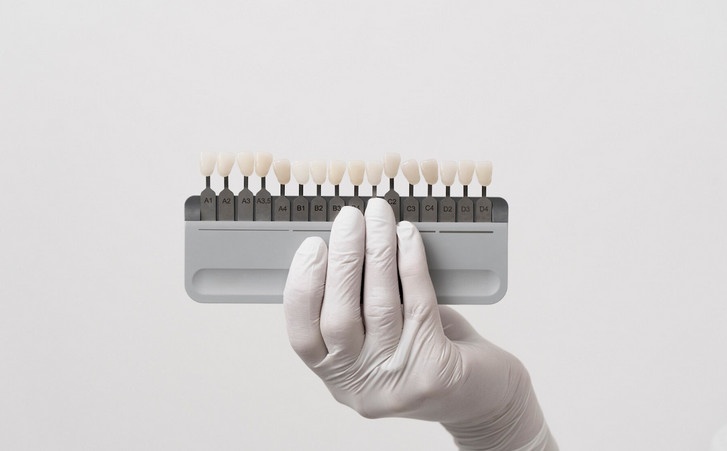

.jpg)


















.avif)


















.jpg)


